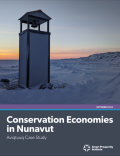
This report builds a compelling profile of the local conservation economy in Canada's Nunavut hamlet of Taloyoak, and presents ways to drive socio-economic development in the community.
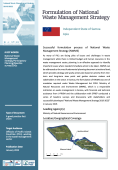
This case study highlights the successful process through which the National Waste Management Strategy (NWMS) in Samoa was formulated.
This case study addresses gender dimensions of hazardous chemicals and waste policies in Kyrgyzstan under the Minamata, Basel, Rotterdam and Stockholm conventions.
This report identifies good practices, policies and initiatives addressing the gender dimension in the context of chemicals management in Bolivia.
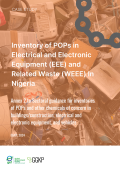
This case study updates Nigeria’s assessment of POPs in the EEE/WEEE sector, building on the country's 2012 inventory under the Basel Convention. It focuses on the presence of PBDEs, decaBDE, HBCD, Dechlorane Plus, SCCPs, and candidate POPs like MCCPs, providing insights into their occurrence and management.
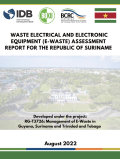
This study focuses on e-waste generation and management in Suriname. lt also evaluates the feasibility of setting up a sub-regional dismantling e-waste facility in the South American nation.

This case study offers insight into the alternative practices of innovative circular businesses seeking commercial success and positive social impacts that may not be achievable through classic commercial strategies.
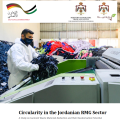
This study aims to find ways to reduce textile and garment waste by identifying opportunities for recycling, upcycling and reusing in Jordan's Al-Hassan industrial zone, and turning it into a valuable resource.
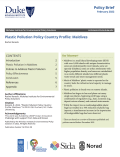
This document outline: the nature of the plastic pollution problem in Maldives, and available information about the national, subnational and international policy landscape guiding government approaches to the plastic pollution problem in the country.
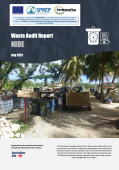
The report, prepared by SPREP in collaboration with (T+TI), presents the findings of the waste audit undertaken for the Pacific island nation of Niue.
